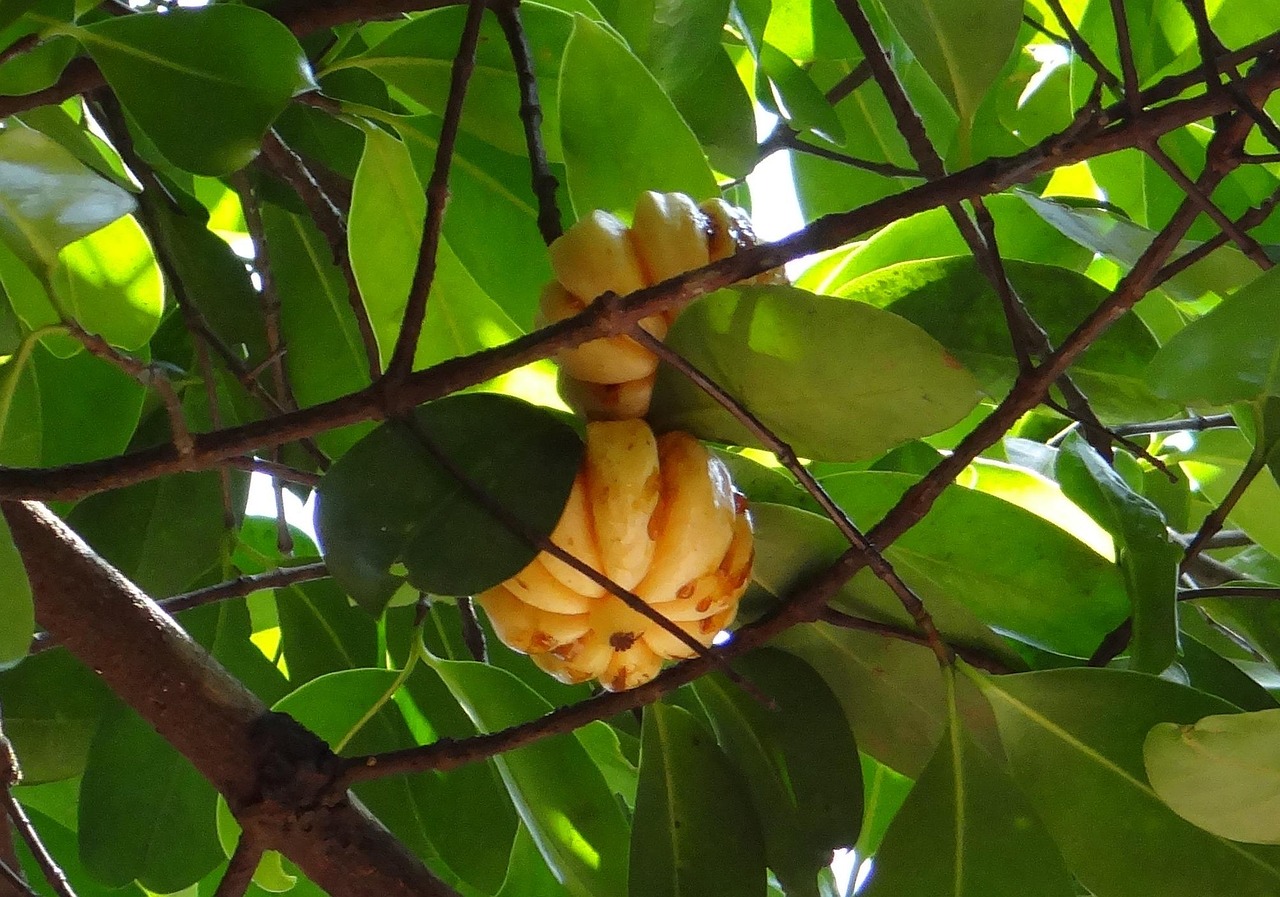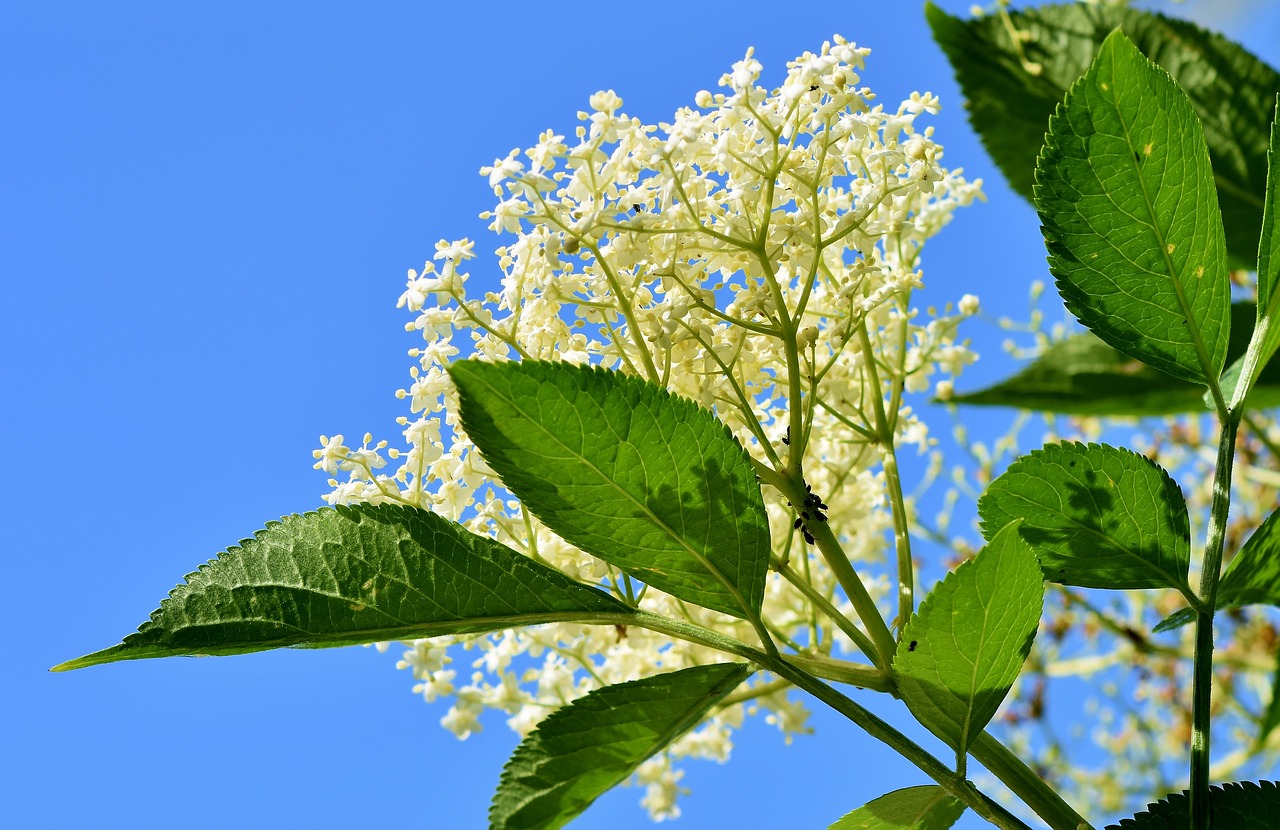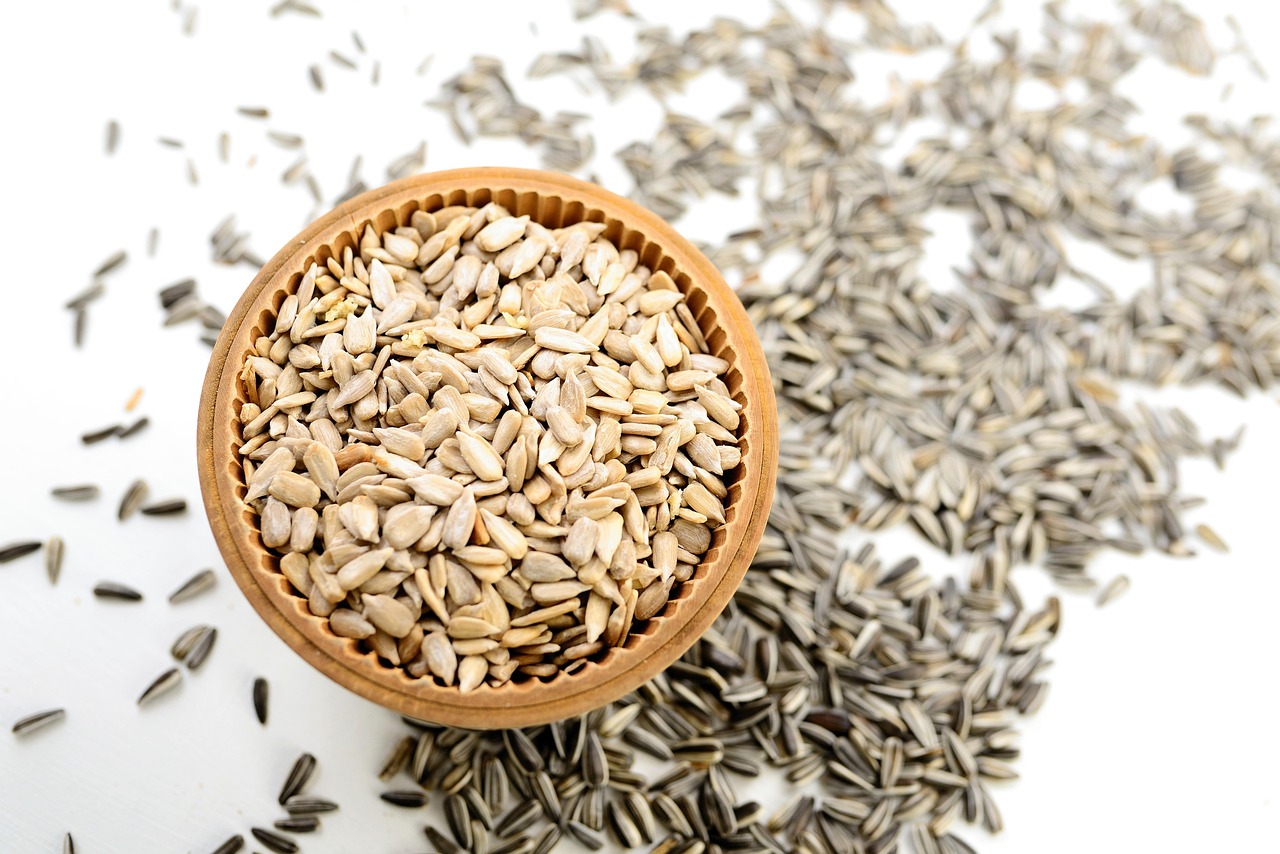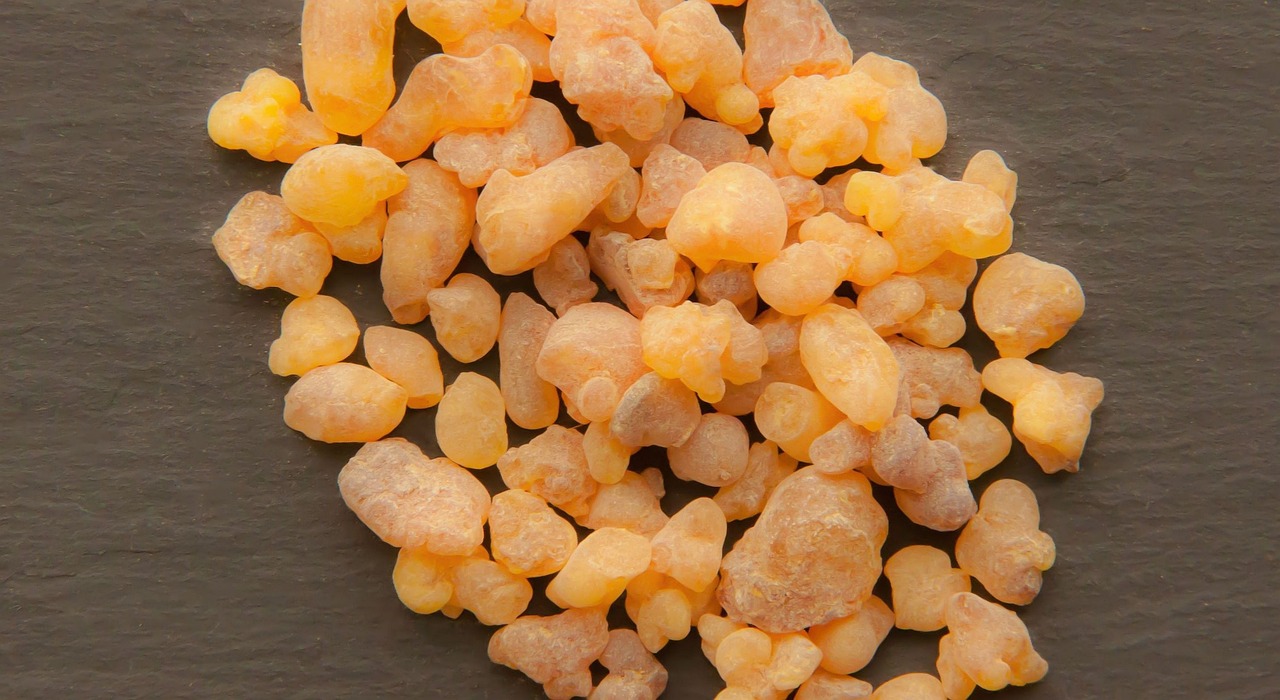This article provides an in-depth examination of the anti-inflammatory benefits of pine bark extract, highlighting its key components, potential health implications, and practical uses. It is designed for health enthusiasts and researchers seeking comprehensive information on this remarkable natural supplement.
What is Pine Bark Extract?
Pine bark extract is obtained from the bark of specific pine species, notably the French maritime pine. This extract is celebrated for its high levels of antioxidants and anti-inflammatory agents, which can support overall health and wellness.
Key Active Compounds in Pine Bark Extract
- Proanthocyanidins: These are potent antioxidants that combat oxidative stress and inflammation.
- Flavonoids: These compounds enhance immune function and contribute to the extract’s health benefits.
- Phenolic Acids: Known for their anti-inflammatory properties, they further bolster the extract’s efficacy.
Health Benefits of Pine Bark Extract
- Cardiovascular Health: Research indicates that pine bark extract can improve blood circulation and lower blood pressure.
- Joint Health: It may alleviate pain and inflammation associated with arthritis and similar conditions.
- Cognitive Function: Some studies suggest that it can enhance mental clarity and cognitive performance.
How to Incorporate Pine Bark Extract into Your Diet
Pine bark extract is available in various forms, including capsules, powders, and teas, making it easy to add to your daily health regimen.
Potential Side Effects and Considerations
While generally safe, some individuals may experience mild side effects such as digestive discomfort or allergic reactions. It is advisable to consult a healthcare professional prior to starting any new supplement.
Conclusion: The Future of Pine Bark Extract Research
Ongoing research continues to reveal the extensive benefits of pine bark extract. Its potential as a natural anti-inflammatory agent holds promise for future applications in health and wellness.

What is Pine Bark Extract?
Pine bark extract is a natural supplement derived from the bark of specific pine trees, notably the French maritime pine. This extract is celebrated for its exceptional concentration of antioxidants and anti-inflammatory compounds, which are essential for promoting overall health and wellness.
The extraction process involves carefully harvesting the bark and then processing it to retain its beneficial properties. This results in a potent supplement that can be used in various forms, such as capsules, powders, and teas, making it accessible for daily consumption.
The effectiveness of pine bark extract can be attributed to its rich composition of active compounds, including:
- Proanthocyanidins – Known for their powerful antioxidant properties.
- Flavonoids – Contributing to overall health by reducing inflammation.
- Phenolic acids – Supporting immune function and overall wellness.
Research has shown that incorporating pine bark extract into your diet can yield numerous health benefits:
- Cardiovascular Health: It may help improve blood circulation, lower blood pressure, and reduce cholesterol levels.
- Joint Health: It can alleviate symptoms of arthritis and improve mobility.
- Cognitive Function: The compounds in pine bark extract may support brain health and enhance memory.
For those interested in adding pine bark extract to their health regimen, it is available in various formats:
- Capsules: Easy to take and measure.
- Powders: Can be mixed into smoothies or foods.
- Teas: A soothing way to enjoy its benefits.
As with any supplement, it is advisable to consult with a healthcare professional before starting to ensure it aligns with your health needs.
Pine bark extract is a powerful natural supplement that offers a range of health benefits, particularly due to its anti-inflammatory and antioxidant properties. As research continues to explore its full potential, it remains a promising addition to a healthy lifestyle.

Key Active Compounds in Pine Bark Extract
Pine bark extract is a natural supplement that has gained popularity due to its myriad health benefits, particularly its anti-inflammatory and antioxidant properties. The extract is rich in several key active compounds that contribute to its effectiveness, including proanthocyanidins, flavonoids, and phenolic acids.
| Active Compound | Benefits |
|---|---|
| Proanthocyanidins | Powerful antioxidants that help reduce oxidative stress and inflammation, promoting cardiovascular health. |
| Flavonoids | Support immune function and help lower the risk of chronic diseases by combating inflammation. |
| Phenolic Acids | Contribute to anti-inflammatory effects and enhance overall health by neutralizing free radicals. |
Proanthocyanidins are particularly noteworthy as they are known to significantly reduce oxidative stress, which is linked to various chronic conditions. By neutralizing free radicals, they help maintain cellular health and prevent damage to vital organs.
Furthermore, flavonoids are versatile compounds that not only enhance the antioxidant capacity of pine bark extract but also support the immune system. Their role in reducing inflammation is critical for managing conditions such as arthritis and allergies.
Phenolic acids, on the other hand, have been shown to possess strong anti-inflammatory properties. These compounds work synergistically with proanthocyanidins and flavonoids to provide comprehensive health benefits.
Incorporating pine bark extract into your daily routine can be an effective way to harness the power of these active compounds. Whether consumed in capsule, powder, or tea form, the extract offers a convenient method to support overall health.
In conclusion, the active compounds found in pine bark extract play a vital role in its health benefits. Understanding these components can help individuals make informed choices about their wellness strategies.
Proanthocyanidins: The Star Components
Proanthocyanidins are a class of polyphenolic compounds that have garnered significant attention in health and wellness discussions. Found abundantly in pine bark extract, these powerful antioxidants are celebrated for their ability to combat oxidative stress and inflammation. This article explores the multifaceted benefits of proanthocyanidins, their mechanisms of action, and their implications for overall health.
Derived primarily from the French maritime pine, pine bark extract is rich in proanthocyanidins, which are known to play a crucial role in promoting cardiovascular health. Research indicates that these compounds help reduce blood pressure and improve circulation, making them vital in maintaining heart health.
| Health Benefits | Mechanism |
|---|---|
| Reduces Inflammation | Blocks inflammatory pathways |
| Enhances Skin Health | Combats free radicals |
| Improves Circulation | Promotes blood vessel dilation |
Moreover, proanthocyanidins are effective in enhancing skin health by protecting against environmental damage. Their antioxidant properties help neutralize free radicals, which can lead to premature aging and skin disorders.
Understanding the mechanism of action of proanthocyanidins is essential for appreciating their health benefits. These compounds interact with various cellular processes, modulating inflammatory responses and promoting cellular repair. This makes them valuable not only in cardiovascular health but also in conditions related to joint pain and overall inflammation.
Incorporating proanthocyanidins into your diet can be achieved through supplements or by consuming foods rich in these compounds. As research continues to illuminate their benefits, proanthocyanidins stand out as a promising natural agent for enhancing wellness and preventing chronic diseases.
In conclusion, the exploration of proanthocyanidins reveals their significant role in health promotion. With ongoing research, their potential as a natural anti-inflammatory agent is becoming increasingly evident, making them a valuable addition to health regimens.
Health Benefits of Proanthocyanidins
Proanthocyanidins, a class of polyphenols found abundantly in pine bark extract, are gaining attention for their extensive health benefits. These powerful antioxidants play a vital role in enhancing overall health and well-being. Below, we explore the various advantages offered by proanthocyanidins.
- Improved Circulation: Research suggests that proanthocyanidins can significantly enhance blood circulation. By promoting the dilation of blood vessels, they facilitate better oxygen and nutrient delivery to various tissues, which is crucial for maintaining energy levels and overall vitality.
- Blood Pressure Regulation: Studies indicate that the consumption of proanthocyanidins may lead to a reduction in blood pressure. This effect is primarily attributed to their ability to improve endothelial function and reduce arterial stiffness, contributing to cardiovascular health.
- Enhanced Skin Health: Proanthocyanidins are known for their ability to combat free radicals and reduce inflammation, which can lead to healthier skin. By protecting skin cells from oxidative stress, they may help reduce the appearance of aging and promote a more youthful complexion.
- Anti-Inflammatory Properties: The anti-inflammatory effects of proanthocyanidins are well-documented. These compounds help mitigate chronic inflammation, which is linked to various health conditions, including heart disease and arthritis.
- Support for Immune Function: By reducing oxidative stress and inflammation, proanthocyanidins can also bolster the immune system, helping the body defend against infections and diseases more effectively.
Incorporating proanthocyanidins into your diet, through sources like pine bark extract, can be a simple yet effective way to enhance your health. As ongoing research continues to highlight their benefits, proanthocyanidins may play a pivotal role in promoting a healthier lifestyle.
Mechanism of Action
Understanding the of proanthocyanidins at the cellular level reveals their significant role in reducing inflammation and promoting healing. These compounds, primarily found in pine bark extract, interact with various cellular pathways that contribute to their therapeutic effects.
- Antioxidant Activity: Proanthocyanidins are known for their strong antioxidant properties. They scavenge free radicals, thereby protecting cells from oxidative damage. This action is crucial in mitigating inflammation, as oxidative stress is a key contributor to inflammatory responses.
- Inhibition of Inflammatory Mediators: These compounds inhibit the production of pro-inflammatory cytokines and enzymes, such as COX-2 and TNF-alpha. By doing so, they help to lower inflammation levels in the body, which is particularly beneficial for individuals suffering from chronic inflammatory conditions.
- Enhancement of Nitric Oxide Production: Proanthocyanidins stimulate the production of nitric oxide, a molecule that plays a vital role in vascular health. Increased nitric oxide levels lead to improved blood flow and reduced blood pressure, further contributing to their anti-inflammatory effects.
- Modulation of Immune Response: These compounds also influence the immune system by regulating the activity of immune cells. They enhance the function of macrophages and T-cells, promoting a balanced immune response that can effectively combat inflammation.
In summary, the multifaceted of proanthocyanidins underscores their effectiveness in various health applications. By targeting oxidative stress, inflammatory mediators, and immune responses, they emerge as a powerful ally in the quest for better health and wellness.
Flavonoids and Phenolic Acids
are two significant classes of compounds found in pine bark extract that contribute to its remarkable health benefits, particularly its anti-inflammatory properties. These compounds play a critical role in supporting the immune system and mitigating the risks associated with chronic diseases.
Flavonoids are a diverse group of plant pigments that exhibit powerful antioxidant effects. They help to neutralize free radicals, which can cause oxidative stress and inflammation in the body. By reducing oxidative damage, flavonoids not only enhance overall health but also promote cellular repair and longevity.
Phenolic acids, on the other hand, are known for their ability to modulate inflammatory responses. They achieve this by inhibiting the production of pro-inflammatory cytokines and enzymes, which can lead to chronic inflammation if left unchecked. This modulation is crucial for maintaining a healthy immune system and reducing the risk of diseases such as cardiovascular disorders and certain types of cancer.
| Compound | Benefits |
|---|---|
| Flavonoids | Antioxidant, anti-inflammatory, supports cardiovascular health |
| Phenolic Acids | Reduces inflammation, modulates immune response, protects against chronic diseases |
Incorporating pine bark extract into your diet can be an effective way to harness the benefits of these compounds. Available in various forms such as capsules, powders, and teas, it is easy to include in daily routines. Regular consumption may lead to improved health outcomes, particularly in reducing inflammation and supporting immune function.
In conclusion, the synergistic effects of flavonoids and phenolic acids in pine bark extract underscore its potential as a natural anti-inflammatory agent. As research continues to evolve, understanding these compounds’ roles can lead to more effective health strategies and interventions.
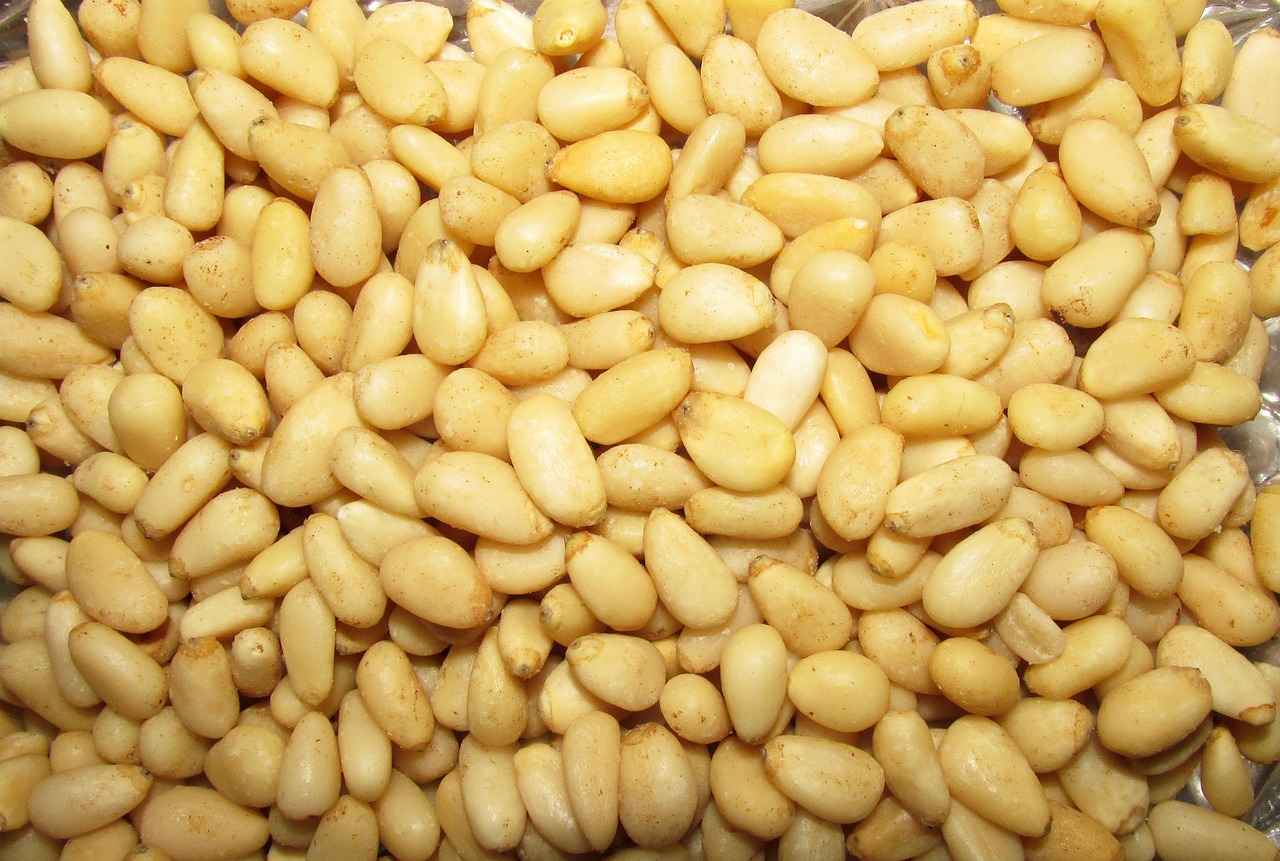
Health Benefits of Pine Bark Extract
Pine bark extract is a natural supplement derived from the bark of specific pine trees, particularly the French maritime pine. This extract is gaining popularity due to its extensive health benefits, which are attributed to its rich content of antioxidants and anti-inflammatory compounds. In this article, we will explore the various health benefits of pine bark extract and how it can positively impact your well-being.
- Improved Cardiovascular Health: Numerous studies have indicated that pine bark extract can enhance heart health by improving blood circulation, reducing blood pressure, and lowering cholesterol levels. These effects contribute to a healthier cardiovascular system, reducing the risk of heart disease.
- Enhanced Cognitive Function: Pine bark extract has been linked to improved cognitive abilities, including better memory and focus. The antioxidants present in the extract help protect brain cells from oxidative stress, potentially reducing the risk of neurodegenerative diseases.
- Support for Joint Health: For individuals suffering from joint pain or conditions like arthritis, pine bark extract may provide significant relief. Its anti-inflammatory properties can help alleviate pain and improve mobility, making it a valuable natural remedy for those affected.
- Skin Health Benefits: The antioxidant properties of pine bark extract also extend to skin health. It may help improve skin elasticity, reduce the appearance of wrinkles, and protect against environmental damage, promoting a youthful appearance.
Incorporating pine bark extract into your daily routine can be done easily through various forms such as capsules, powders, or teas. However, it is essential to consult with a healthcare professional before starting any new supplement, especially if you have existing health conditions or are taking medications.
In conclusion, pine bark extract is a versatile supplement that offers a range of health benefits. From supporting cardiovascular health to enhancing cognitive function and joint health, its potential as a natural remedy is promising. As research continues, we may uncover even more advantages of this remarkable extract, making it a valuable addition to health and wellness regimens.
Cardiovascular Health
is a vital aspect of overall well-being, and recent studies have highlighted the significant role that pine bark extract can play in promoting heart health. This natural supplement, derived from the bark of the French maritime pine, is rich in antioxidants and anti-inflammatory compounds that contribute to cardiovascular wellness.
Pine bark extract is particularly known for its ability to improve blood circulation. Enhanced circulation is essential for delivering oxygen and nutrients to various organs and tissues, which is crucial for maintaining a healthy heart. By improving blood flow, pine bark extract helps reduce the risk of heart-related issues, such as heart attacks and strokes.
Another key benefit of pine bark extract is its potential to reduce blood pressure. High blood pressure is a significant risk factor for cardiovascular diseases, and studies have shown that the compounds in pine bark extract can help relax blood vessels, thereby lowering blood pressure levels. This effect is particularly beneficial for individuals looking to manage hypertension naturally.
Moreover, pine bark extract has been linked to lowering cholesterol levels. High cholesterol is another major contributor to heart disease, and the antioxidants present in pine bark extract can help improve lipid profiles by reducing LDL (bad cholesterol) while increasing HDL (good cholesterol). This balance is crucial for maintaining heart health.
In summary, incorporating pine bark extract into your daily routine can support cardiovascular health by improving circulation, reducing blood pressure, and lowering cholesterol levels. As always, it is advisable to consult with a healthcare professional before starting any new supplement regimen to ensure it aligns with your individual health needs.
Joint Health and Inflammation Relief
Pine bark extract has gained attention for its potential to provide natural relief from joint pain and inflammation, particularly for individuals suffering from conditions such as arthritis. This extract, derived from the bark of the French maritime pine, is rich in antioxidants and anti-inflammatory compounds that may enhance mobility and improve overall quality of life.
Research indicates that the active compounds in pine bark extract, especially proanthocyanidins, play a significant role in reducing inflammation. These powerful antioxidants help combat oxidative stress in the body, which is a contributing factor to joint pain. By targeting the underlying causes of inflammation, pine bark extract may help alleviate discomfort and promote better joint function.
In addition to proanthocyanidins, the presence of flavonoids and phenolic acids in pine bark extract further supports its anti-inflammatory properties. These compounds work synergistically to enhance the body’s immune response and reduce the risk of chronic inflammatory conditions. As a result, individuals who incorporate pine bark extract into their daily regimen may experience improved joint health and mobility.
For those interested in trying pine bark extract, it is available in various forms, including capsules, powders, and teas. This versatility allows for easy integration into daily routines, making it accessible for anyone seeking to improve their joint health.
However, it is essential to consult with a healthcare professional before starting any new supplement, as some individuals may experience mild side effects. Overall, the potential benefits of pine bark extract for joint health are promising, offering a natural alternative for those seeking relief from inflammation and pain.
Conclusion: With ongoing research into the health benefits of pine bark extract, its role in promoting joint health and alleviating inflammation is becoming increasingly recognized. As more individuals seek natural remedies for joint discomfort, pine bark extract stands out as a viable option worth exploring.

How to Incorporate Pine Bark Extract into Your Diet
Pine bark extract is a powerful natural supplement that offers a myriad of health benefits, particularly due to its anti-inflammatory properties. Incorporating this extract into your daily routine can be a seamless process, as it is available in various forms. Below are some effective ways to integrate pine bark extract into your diet.
- Capsules: One of the most convenient ways to consume pine bark extract is through capsules. These are easy to take and allow for precise dosage, making them ideal for individuals who prefer a straightforward approach to supplementation.
- Powders: Pine bark extract powder can be mixed into smoothies, juices, or even yogurt. This method not only enhances the flavor of your drink or snack but also provides an easy way to increase your antioxidant intake.
- Teas: For those who enjoy a warm beverage, pine bark extract can be brewed into tea. This method allows you to enjoy the soothing benefits of the extract while also promoting hydration.
When incorporating pine bark extract into your diet, it is essential to consider the recommended dosage and consult with a healthcare professional, especially if you have existing health conditions or are taking other medications. This ensures that you can enjoy the numerous health benefits without any adverse effects.
In conclusion, whether you choose capsules, powders, or teas, pine bark extract can easily become a valuable addition to your health regimen. By integrating this natural supplement into your daily routine, you can take advantage of its remarkable properties and contribute to your overall well-being.

Potential Side Effects and Considerations
Pine bark extract is widely recognized for its numerous health benefits, particularly its anti-inflammatory properties. However, it is essential to be aware of potential side effects and considerations before incorporating it into your health regimen. While generally considered safe for most individuals, some may experience mild side effects that warrant attention.
- Digestive Issues: Some users report experiencing gastrointestinal discomfort, including symptoms such as bloating, gas, or diarrhea. These effects are typically mild and may subside with continued use or by adjusting the dosage.
- Allergic Reactions: Although rare, allergic reactions to pine bark extract can occur. Symptoms may include rash, itching, or swelling. If you experience any of these symptoms, it is crucial to discontinue use and consult a healthcare professional immediately.
- Interactions with Medications: Pine bark extract may interact with certain medications, particularly those that affect blood pressure or blood clotting. It is advisable to consult with a healthcare provider if you are on medication to ensure safety.
- Pregnancy and Breastfeeding: There is limited research on the safety of pine bark extract during pregnancy and breastfeeding. Therefore, it is best to avoid its use unless recommended by a healthcare professional.
Given these potential side effects, it is imperative to consult a healthcare professional before starting any new supplement, including pine bark extract. This precaution ensures that you can safely enjoy its benefits while minimizing any risks associated with its use.
In conclusion, while pine bark extract can offer significant health advantages, understanding its potential side effects and consulting with a healthcare provider is vital for safe consumption. Always prioritize your health and well-being when considering new supplements.

Conclusion: The Future of Pine Bark Extract Research
As scientific exploration progresses, the potential of pine bark extract as a natural anti-inflammatory agent continues to gain attention. This remarkable extract, derived primarily from the bark of the French maritime pine, is rich in bioactive compounds that contribute to its health benefits. Researchers are investigating its role in various health domains, especially in reducing inflammation and oxidative stress.
The ongoing studies highlight the extract’s active components, particularly proanthocyanidins, which are known for their potent antioxidant properties. These compounds not only combat free radicals but also play a significant role in promoting cardiovascular health and enhancing overall wellness. As more evidence emerges, the implications of these findings could lead to the development of new therapeutic strategies for managing chronic inflammatory conditions.
Moreover, the versatility of pine bark extract in various forms—such as capsules, powders, and teas—makes it accessible for individuals seeking natural health solutions. This adaptability, combined with its health benefits, positions pine bark extract as a promising supplement in the realm of nutritional science.
Despite its potential, it is crucial for future research to address the safety and efficacy of pine bark extract in diverse populations. Understanding the long-term effects and possible side effects will ensure that consumers can utilize this natural remedy safely. Additionally, as more studies are published, healthcare professionals will be better equipped to guide individuals in incorporating pine bark extract into their wellness regimens.
In conclusion, the future of pine bark extract research holds great promise. With its established benefits and the growing interest in natural remedies, further exploration in this field could lead to significant advancements in health and nutrition. As we continue to uncover the full potential of this extract, it may soon become a staple in the pursuit of holistic health.




